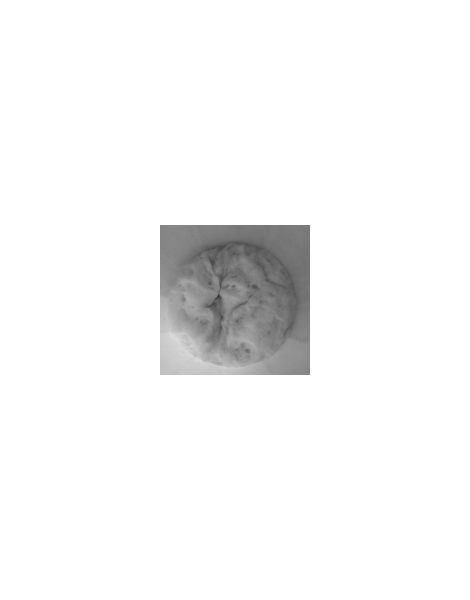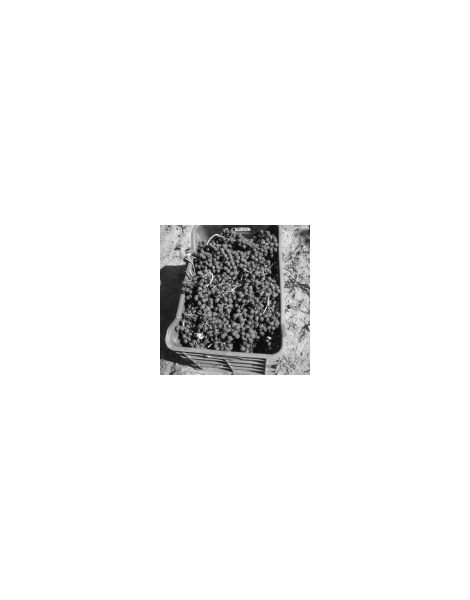First hand practical experience in order to learn more about a subject is almost always something to strive for. Whenever I get the chance to become involved with the work that takes place in a vineyard or at a winery, I jump at it.
The story of Christos Kokkalis is well known – he is the man who was a pharmacist in Germany for most of his life, then decided to sell out and start making wine in Greece. He wanted to show the world that great quality could be produced in Greece. He had no prior winemaking knowledge and took his chance. He produces 3 labels: 1) MOVA, an Agiorgitiko/Cabernet Sauvignon blend; 2) Syrah; and 3) Trilogia, a 100% Cabernet Sauvignon. All wines are stunning; Trilogia has become an icon that regularly outdoes French Grand Cru wines under blind tasting conditions.
I just returned from Skafidia, where I spent 2 days with him helping at the harvest and the winemaking. This was a great experience and I learned a lot – not only of the mechanics involved, but also about the decision making process. The Cabernet grapes were harvested under perfect conditions the week before. Suddenly last weekend, heavy rains hit the vineyard. The Syrah grapes are very fragile, and many were split open. Christos explained that the skins of Syrah split very easy, it is similar to glass breaking. After the skins were damaged, the wasps started circling in quickly to take some juicy bites. The risk of disease also increased. The mood on Monday morning was clouded, although the sun was out. Despite the heat turning up, the vineyard was still muddy. Christos had given the order to pick the grapes at dawn – he said that conditions until this weekend were perfect. He would have liked to start the harvest of the Syrah one week later, but his hands were tied.
All grapes were handpicked, placed into plastic boxes that were stacked on a platform of a tractor; from there the boxes were placed on a truck and immediately transported to the winery. The winery is not really a winery – it is a large garage in the back of the private house of Christos. It functions as the winery, and it is here that all the winemaking takes place. There are no automated processes – every step of the winemaking process is done mechanical.
The grapes filled the air with their aromas, I just stood there for a minute and sniffed, it was wonderful. The boxes were emptied into the crusher, 4 boxes at a time. The crushed must of the first two loads was transferred into large plastic buckets, after this all must was transported into the stainless steel tanks. The large plastic buckets were placed to the side, and we proceeded to crush this mass of pulp by hand and sieved it in order to collect the pure juice. This juice then has a crucial role: A part of it is mixed with enzymes and added to the stainless steel tanks that by now started filling up with the must. Another part was used to mix with sulphur – the smell of it was hard to take, I nearly fainted. This was also added carefully to the must. Another part is used as a sample. We delivered this to the oinologist who ran lab tests. A couple of hours later Christos took me and showed me how to prepare the yeast. Warm water was combined with sugar; the yeast was carefully mixed in by hand. The resulting blend was then transferred to the tanks that by now were pumped over continuously.
After hearing the results of the lab test, the mood of Christos lightened up a lot. He had feared that the acidity levels might turn out low, which they did not. Apparently the harvest took place just in time. The grapes delivered a lot less juice than in other years, as the water inside the grapes dried out quickly after the rain had split the skins. Potential alcohol levels remained high, so no premature fermentation had occurred. The must was much more concentrated than in any other year; this just might result in a super rich wine. It is too early to tell now, but over the next 2 to 3 weeks Christos will closely follow the evolution of the Syrah.
Monday night we went out for dinner in a fish taverna. After the meal we had a bottle Syrah 2006 to celebrate the harvest. The wine has a deep purple colour and really started to open up after an hour. It has big fat aromas of cassis, mocca, spices and hints of vanilla. It is rich and fullbodied. In my opinion it might even outlive the great Trilogia 2006. The Syrah did not tire out at all – it only got more interesting with time.
On Tuesday, we brought in the second half of the harvest and repeated the work from Monday, but now everybody was in a good mood. Another experience for me was to taste my youngest Trilogia ever, the 2009 vintage that was now 5 days old. It was totally fascinating to see how grape juice transforms into wine. After 5 days, I could already taste the rich fruits and the tannins were very evident. This was not any longer juice, but also not yet wine. It made me think of a butterfly that picks out a foot of his cocoon, ready to enter another world.




While I have no doubt that Christos Kokkalis is a great producer, I get sick everytime I read here and there that producer X’s or region Y’s wines “beat the French Grand Cru in blind tastings”. The reason is simple: French wines have supposedly been beaten by Californians in the Judgment of Paris, by Chileans in the Tokyo tasting and by I don’t no whom in I don’t no which tasting, yet they still remain the reference point by which everybody wishes (or hopes) to compare his own wines. This fact, declares by itself that, for the true wine lover, they still remain unbeatable.
Don’t misunderstand me: I have no prejudice against wines from anywhere in the world, and more than 60% of my bottles are non-French. I have often disagreed with fanatic Francophiles when they reject a wine simply because it is originated from the new world for example. However, at the high-end of the quality spectrum, the wines from France are still one (or several?) step(s) ahead, and this is proven by the fact that as I mentioned before, they are the ones by which most (if not all) ambitious winemakers wish to compare their wines.
Yianni, thanks for your comment. I agree with you that French wines are top notch quality at the high end, although prices certainly also reflect this. I did not want to make this a story about French wines, the quotation you refer to was only meant as an introduction to Kokkalis for those that are not familiar with him. I am sorry if this destracted from the real story about helping there at the harvest.
Thanks for your reply. I red the full article and watched the video, so do not feel sorry, I was not destracted from the essence of the story. I share your opinion that C. Kokkalis is among the very best Greek producers, one of the very few who excell with international red grape varieties. More than this I appreciate his low profile and dedication to what he does. These attributes are, I believe, rare among Greek wine-makers.
As a wine lover I would also like to congratulate you for your blog.
If you wish to read my wine-tasting notes, please visit cellartracker.com: my user name is Yiannis.
Pingback: Markus Stolz live on Greek radio | ELLOINOS
Pingback: Open letter to Greek wineries | ELLOINOS
i just want to say, that sure there were many good wines made from international grapes in greece. but the important thing is to place domestik grapes in the wine markets of the world. i think that this is the real strength of a wineproducing country. you can find f.ex. syrah in almost all qualities and almost to every pricen in the world,,,,,but xinomavro is only to find in the northan part of GREECE. it is very good that in almost all OPAP-areas are only 100% domestic grapes aloud, not yet but in the future,when greek wine enter the europe market as deserved.
p.s. i like the wines from christos very much. he produce wine in a very high european level….
Pingback: Networking at ProWein | ELLOINOS
There is nothing like going to learn how to make wine. A friend of mine bought a small winery in Napa a couple of years ago and I have had the great pleasure of being able to spend a week up there learning the trade. There is really nothing like it. Whether you are a fan of French, Italian, California….it doesn’t matter in my opinion. The process is magical and one of the best things I have ever done. And just think, when I go back next year I am going to have a bottle of wine that i get to drink that I hand my hands on.